Brain Injury Awareness Month - Preventing and treating concussions
GUEST BLOG: Jessica Fishbein, AboutKidsHealth
June is Brain Injury Awareness Month (#BIAM18), which aims to raise awareness about the effects of different brain injuries.
A concussion is considered to be an “invisible” brain injury, as it cannot be seen on X-rays, MRIs or other forms of brain imaging.
How can your child get a concussion?
Head injuries can occur when a child hits their head directly, or when the body receives a blow and the impact causes the head to spin or jolt.
A child injuring their head from a fall is common when they are learning to walk or ride a bike. Children are also at risk for a head injury if they fall while playing recreational or competitive sports.
Most head injuries are minor with no symptoms or physical changes. However, some head injuries can cause bumps, bruises or swelling to your child’s scalp. As is a risk with all head injuries, what looks like a small bump or blow to the head can still cause a concussion.
A concussion is considered to be an “invisible” brain injury, as it cannot be seen on X-rays, MRIs or other forms of brain imaging.
What are signs and symptoms of a concussion?
Although your child does not need to be unconscious to have a concussion, it is still a brain injury that will affect how they think and remember.
Symptoms of a concussion may not be clear in younger children, and can be more difficult for them to explain.
If your child has had a concussion, they may show some of these signs and symptoms afterwards:
Physical changes
• Headache
• Nausea or vomiting
• Vision changes
• Loss of consciousness
• Irritation from light or sound
• Loss of balance and poor co-ordination
• Decreased playing ability
Changes in behaviour
• Irritability
• Sadness
• Anxiety
• Inappropriate emotions
Thinking problems
• Slowed reaction times
• Confusion
• Memory loss or difficulty concentrating
• Feeling dazed
Trouble with sleep
• Drowsiness
• Trouble falling asleep and sleeping more or less than usual
Some symptoms are noticeable immediately, while others may appear after several minutes or hours. Symptoms may also evolve over time — for instance, a child may look fine, but still act or feel differently than they normally would.
It does not take long for most people with a concussion to make a full recovery. However, some people experience symptoms for more extensive periods of time — either days, weeks, or longer.
People who have previously had a concussion are at risk of having another one — and may take longer to recover from a second or further concussion.
Recovery from a concussion can be slower in older adults, young children and teens.
If your child has had a head injury and you suspect they have a concussion, go to a doctor on the same day. If your child has a concussion while playing sports, they should stop right away — continuing to play will increase their risk of another injury.
For more information on concussions, head injuries, and other health care topics, visit www.aboutkidshealth.ca.


